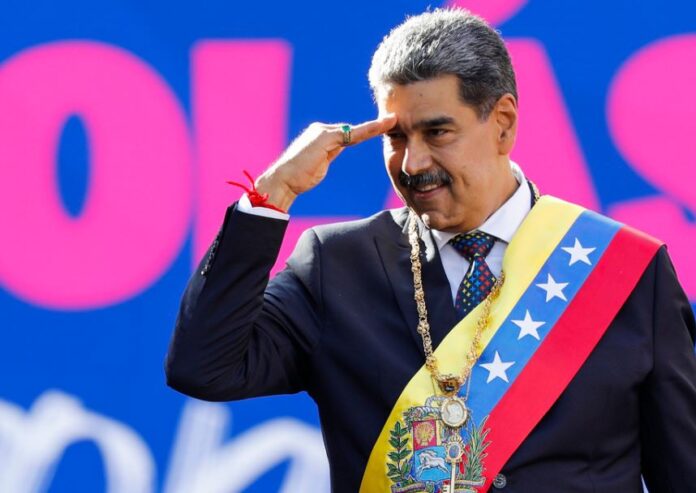In a bold and controversial declaration, Venezuelan President Nicolás Maduro has announced his intentions to lead an invasion of Puerto Rico, ostensibly to “liberate” the island from United States control. Speaking in a recent public address, Maduro stated, “The freedom of Puerto Rico is pending and we will achieve it with Brazilian troops.”
This unexpected statement has stirred significant international reaction, raising questions about Maduro’s motives and the feasibility of such an operation. Puerto Rico, a U.S. territory since 1898, has been under American jurisdiction for over a century, with its political status being a topic of debate, especially in the context of its economic struggles and colonial history.
“The freedom of Puerto Rico is pending and we will achieve it with Brazilian troops”
Maduro’s claim to spearhead an invasion with Brazilian troops has not been corroborated by Brazilian authorities. Brazil, under its current administration, has not made any public statements supporting or acknowledging involvement in such an audacious plan. The Brazilian government, which has historically maintained a complex relationship with Venezuela, especially given the regional political dynamics, would likely face severe international repercussions if it were to engage in such an act.
The political landscape in Venezuela has been tumultuous, with Maduro’s regime facing international condemnation for alleged human rights abuses, economic mismanagement, and electoral fraud. His latest remarks come at a time when Venezuela is already grappling with significant domestic and international challenges, including U.S. sanctions aimed at pressuring his government.
Critics argue that Maduro’s statement might be an attempt to divert attention from internal issues or to rally nationalist sentiment within Venezuela, where support for his government has waned. The international community, including the United States, has swiftly denounced the claim, with American officials labeling it as an empty threat or propaganda.
The U.S. government, which has a substantial military presence in Puerto Rico, is expected to respond robustly to any threat against its territory. The situation could escalate tensions not just between Venezuela and the U.S. but also within Latin America, where countries might be forced to take sides in this geopolitical chess game.
As of now, there is no concrete evidence or official confirmation from Brazil regarding troop movements or plans. Maduro’s statement remains largely rhetorical, but it underscores the volatile nature of international relations in the region. The global community watches closely as this provocative rhetoric could either lead to diplomatic maneuvers or, more alarmingly, to actual military posturing.



